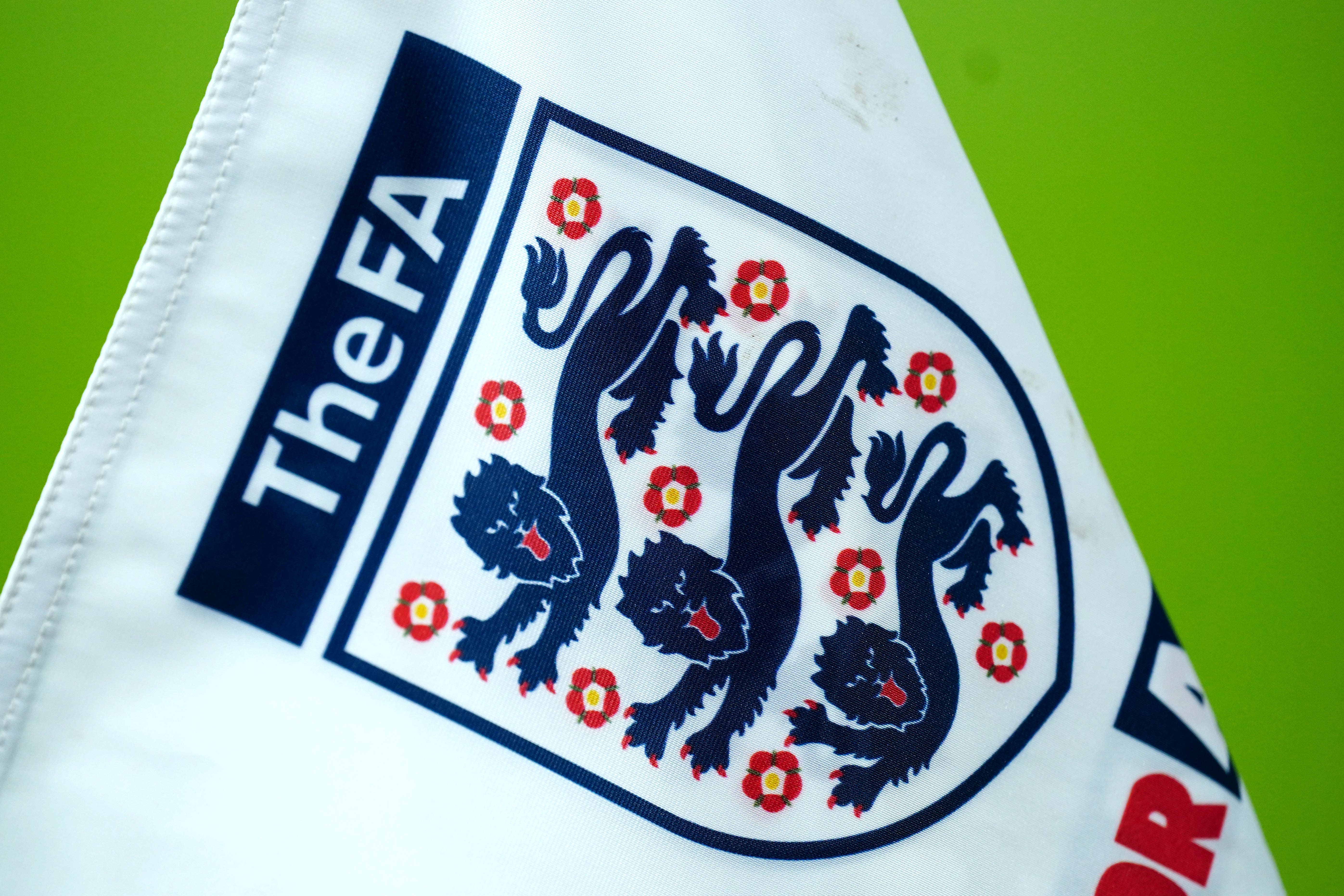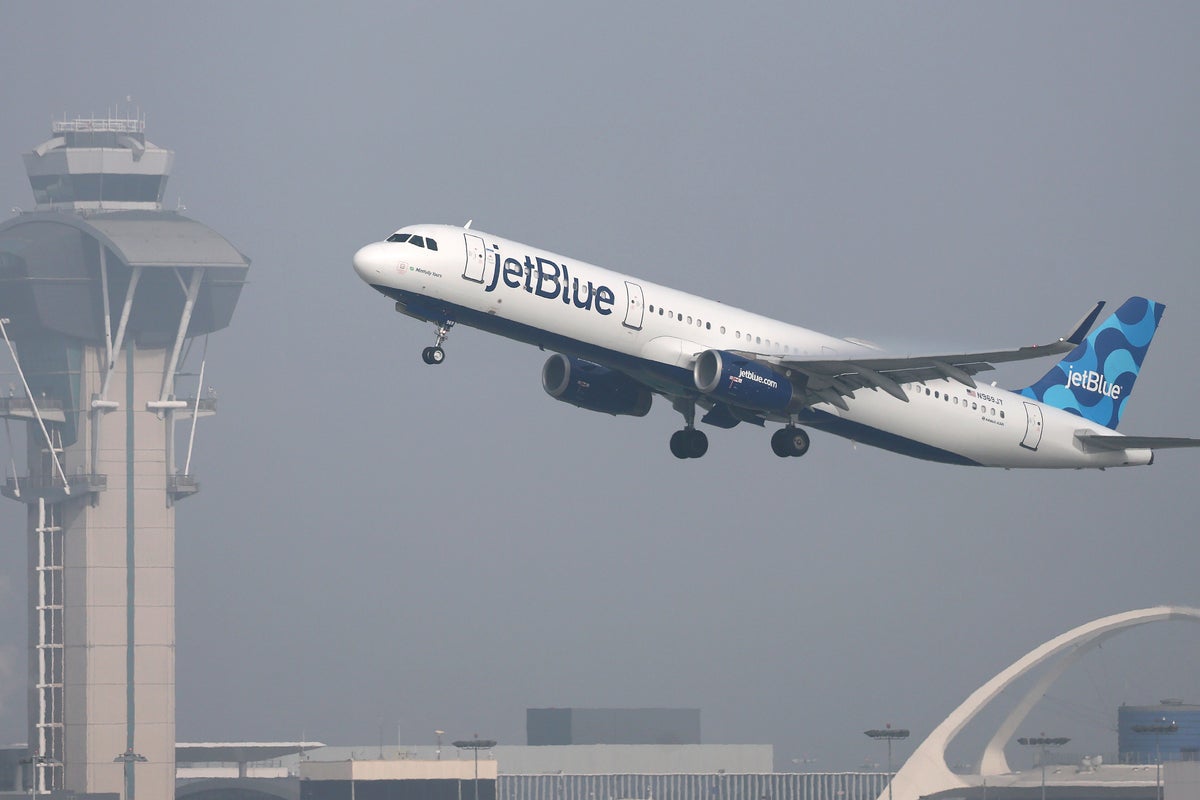ARTICLE AD BOX
Football Association chief executive Mark Bullingham earned £1.32m in the year ending July 31, 2024, an increase of over 55 per cent compared to the previous year.
The figure was contained in the FA's annual accounts which were published on Tuesday, with The Times reporting that Bullingham is now the highest-paid chief executive of any UK sports governing body.
Bullingham received £869,000 in salary, bonus and other benefits and a further £450,000 as part of an executive long-term incentive plan (LTIP) scheme.
The FA recorded turnover of £551.2m for the year, up £69.4m on the previous year, and made a net profit of £49.7m.
Bullingham's counterpart at the Rugby Football Union (RFU), Bill Sweeney, controversially received a total of £1.1m in the last financial year, with £358,000 of that as part of an LTIP.
Sweeney survived a vote of no confidence at a special general meeting last month, amid criticism of perceived governance failures at the RFU.
The FA's accounts stated that Bullingham's bonus and the payout under the LTIP scheme had been reviewed and agreed by its remuneration committee.
An FA spokesperson said Bullingham's remuneration had been benchmarked extensively and independently by PriceWaterhouse Coopers.
"It is performance based," the spokesperson added.
"Mark has led the business to meet and exceed robust and ambitious performance targets on and off the pitch and deliver our 2020-2024 strategic objectives. The FA has a turnover of over £500m - equivalent to a FTSE 250 company - and is responsible for governing the national sport.

"To attract and retain high calibre executives, the total remuneration package on offer needs to be competitive in the context of a leadership role in our market. In order to be competitive, the opportunity to earn a bonus and a long-term incentive plan are important - but payments are only made if performance targets are delivered or exceeded."
The report also noted the "increasingly litigious" nature of football in a section addressing principal risks and uncertainties to the governing body.
"The impact of these cases could have significant financial, reputational and operational implications for the FA and the broader football landscape," the report stated.
Manchester City are currently involved in a challenge to the Premier League's rules governing commercial deals with entities linked to a club's ownership, and are also awaiting the outcome of a hearing looking at more than 100 charges related to alleged breaches of the league's financial rules, which they strenuously deny.
PA









 English (US) ·
English (US) ·